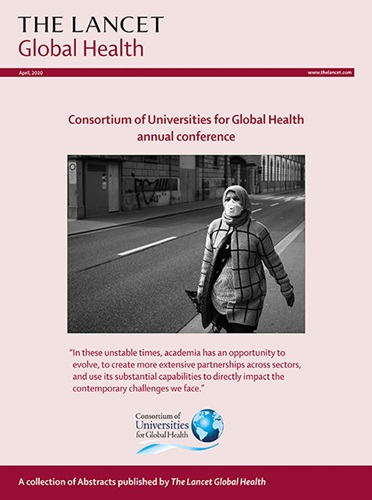改善低收入和中等收入国家城市初级保健服务的政策和服务提供建议。
IF 19.9
1区 医学
Q1 PUBLIC, ENVIRONMENTAL & OCCUPATIONAL HEALTH
引用次数: 0
摘要
低收入和中等收入国家城市的初级保健服务格局多样且充满活力,但所获得的护理质量往往很低,患者的财务成本很高。在本系列的第二篇论文中,我们认为,塑造初级保健市场可能比个人质量改进计划提供更大的规模回报。除其他外,市场可以通过监管和有针对性的公共投资来塑造,以淘汰落后的供应商,并激励那些仍在改善的供应商。其他有证据支持的供应方举措包括教育和激励劳动力、技能替代和组建临床初级保健小组、信息技术以及改善药品和诊断方法供应的措施。需求方措施包括减少自付费用和促进卫生知识普及和用户宣传。迫切需要研究没有登记的人(例如露宿街头的人)、城郊地区和城镇的人的获取情况,以及有益干预措施的成本效益和可持续性。本文章由计算机程序翻译,如有差异,请以英文原文为准。
Policy and service delivery proposals to improve primary care services in low-income and middle-income country cities.
The landscape of primary care services in low-income and middle-income country cities is diverse and dynamic, yet the quality of care received is too often low and the financial cost to the patient high. In the second Paper in this Series, we argue that shaping the primary care market is likely to provide larger returns to scale than individual quality improvement initiatives. Among other things, the market can be shaped by regulation and targeted public investment to crowd out poor providers and motivate those that remain to improve. Additional supply-side initiatives for which there is evidence include measures to educate and motivate the workforce, skill substitution and formation of clinical primary care teams, information technology, and improving the supply of medicines and diagnostics. Demand-side measures include reducing out-of-pocket expenses and promoting health literacy and user advocacy. Research is urgently needed into access for people who are unregistered (eg, those who sleep on the streets), those in peri-urban areas and towns, and on cost-effectiveness, and sustainability of beneficial interventions.
求助全文
通过发布文献求助,成功后即可免费获取论文全文。
去求助
来源期刊

Lancet Global Health
PUBLIC, ENVIRONMENTAL & OCCUPATIONAL HEALTH-
CiteScore
44.10
自引率
1.20%
发文量
763
审稿时长
10 weeks
期刊介绍:
The Lancet Global Health is an online publication that releases monthly open access (subscription-free) issues.Each issue includes original research, commentary, and correspondence.In addition to this, the publication also provides regular blog posts.
The main focus of The Lancet Global Health is on disadvantaged populations, which can include both entire economic regions and marginalized groups within prosperous nations.The publication prefers to cover topics related to reproductive, maternal, neonatal, child, and adolescent health; infectious diseases (including neglected tropical diseases); non-communicable diseases; mental health; the global health workforce; health systems; surgery; and health policy.
 求助内容:
求助内容: 应助结果提醒方式:
应助结果提醒方式:


